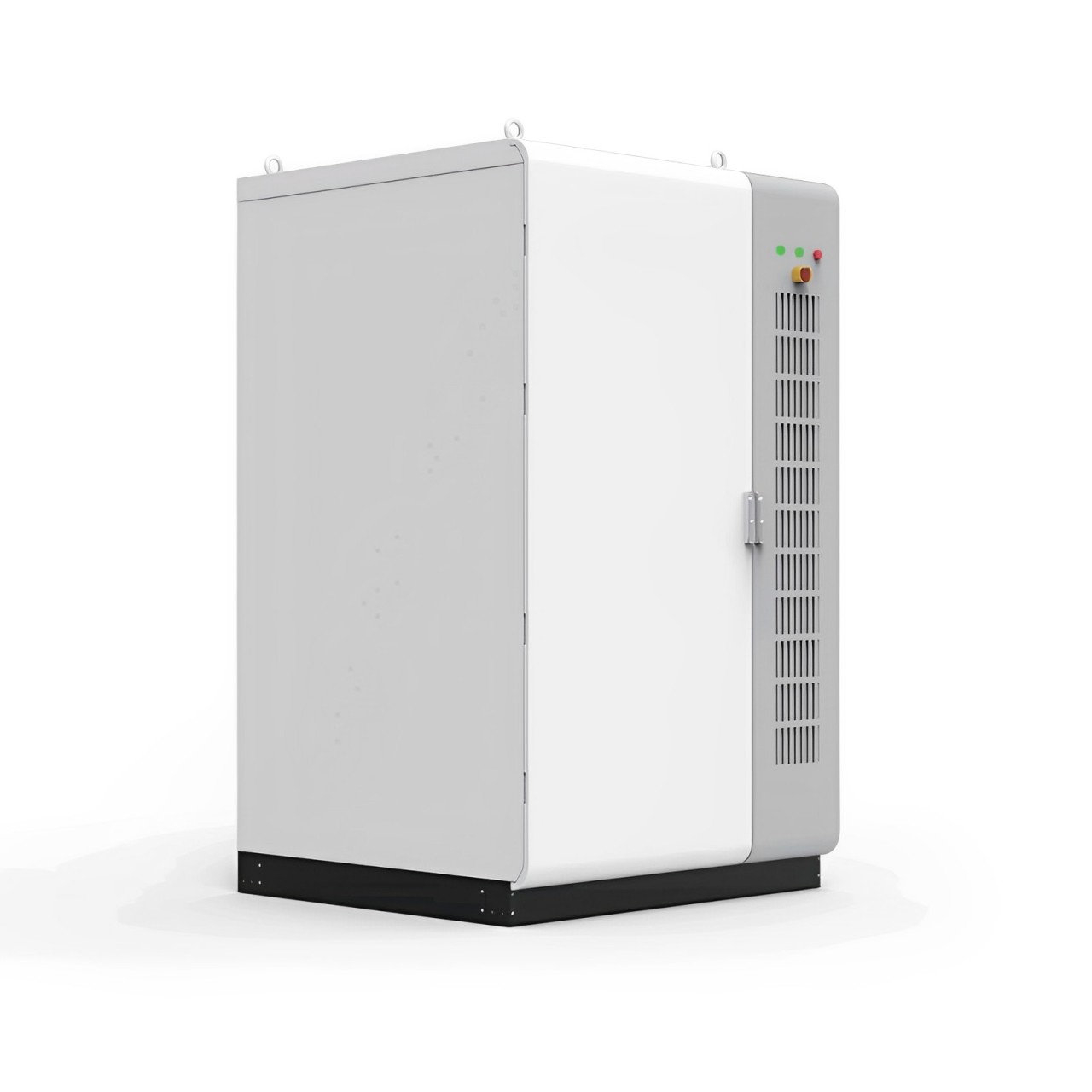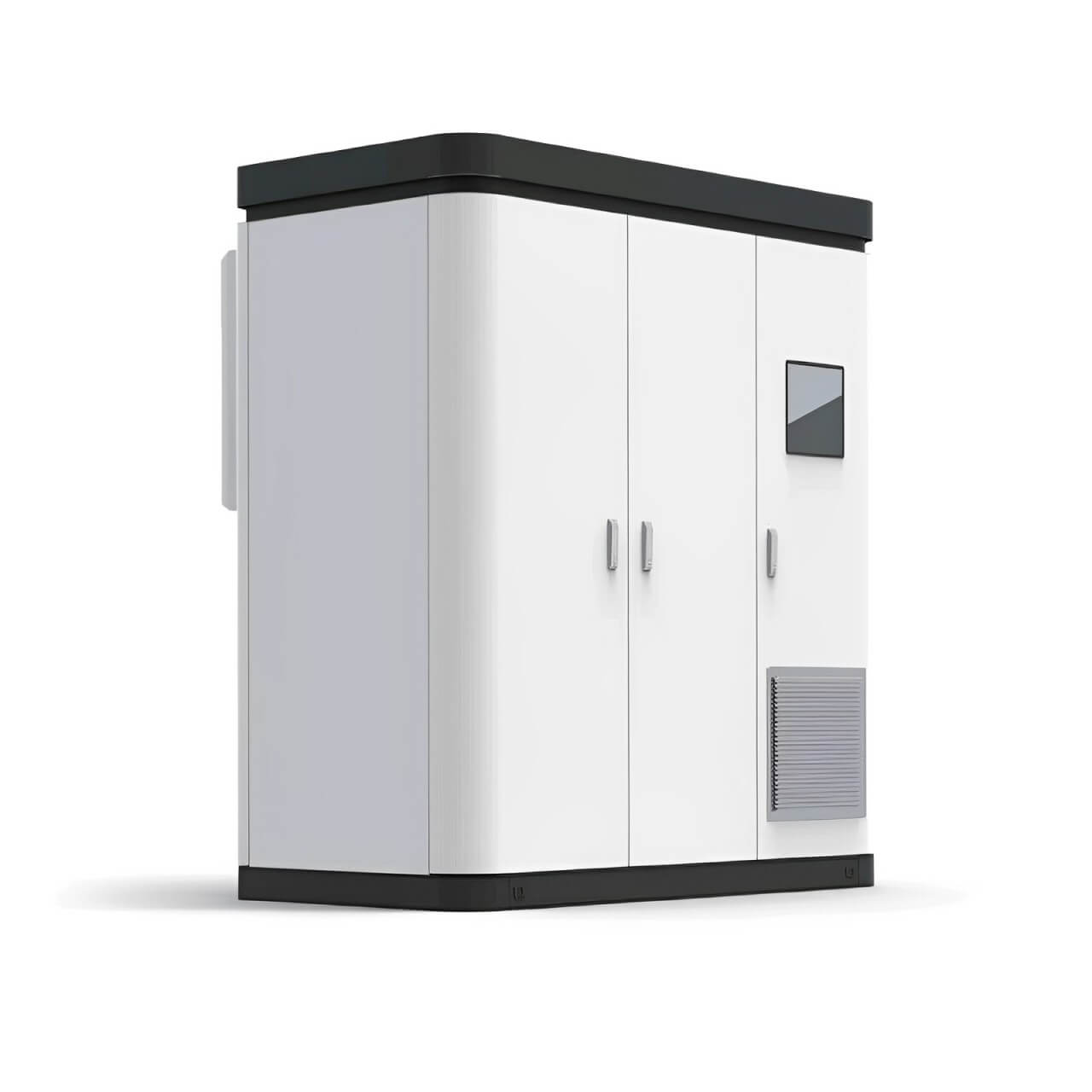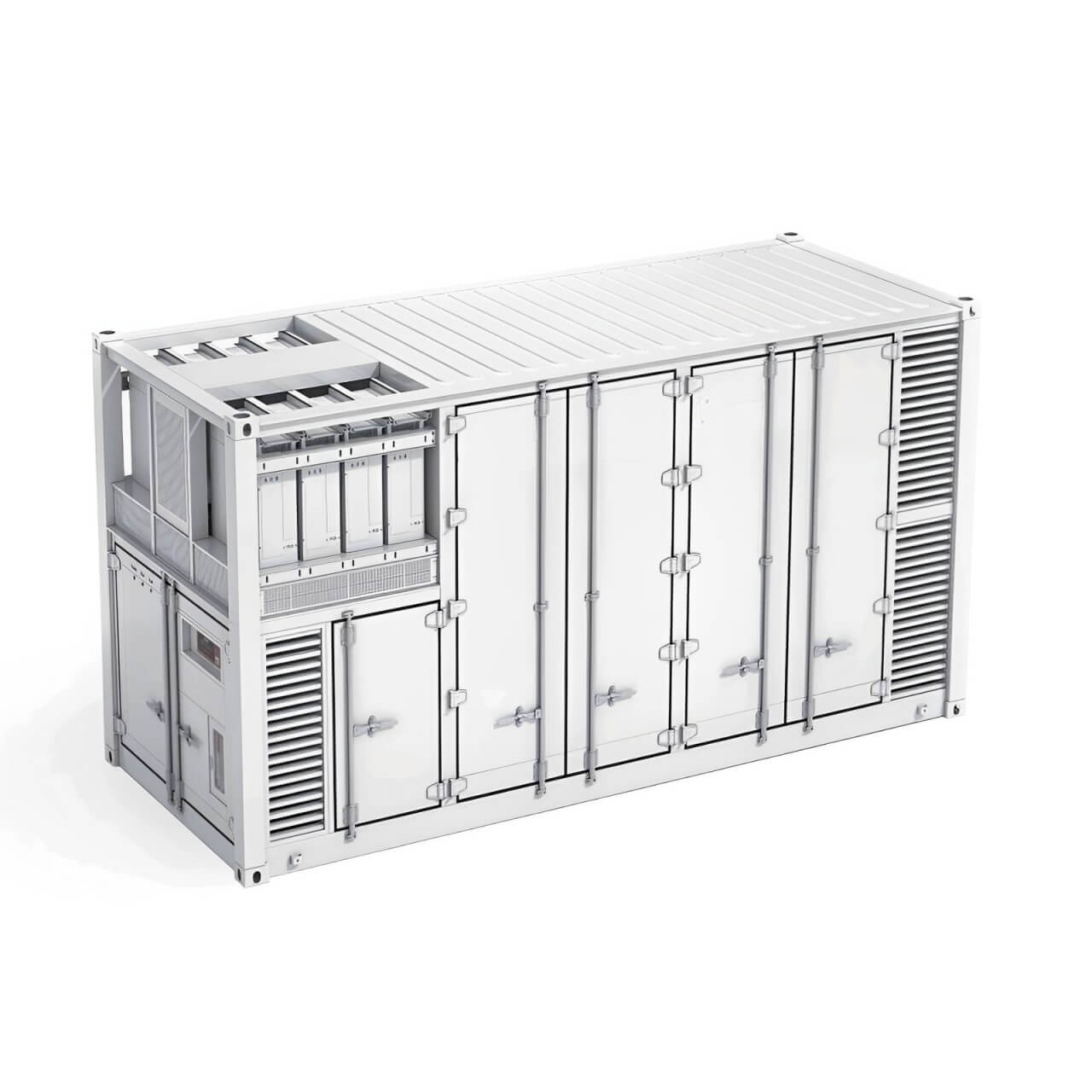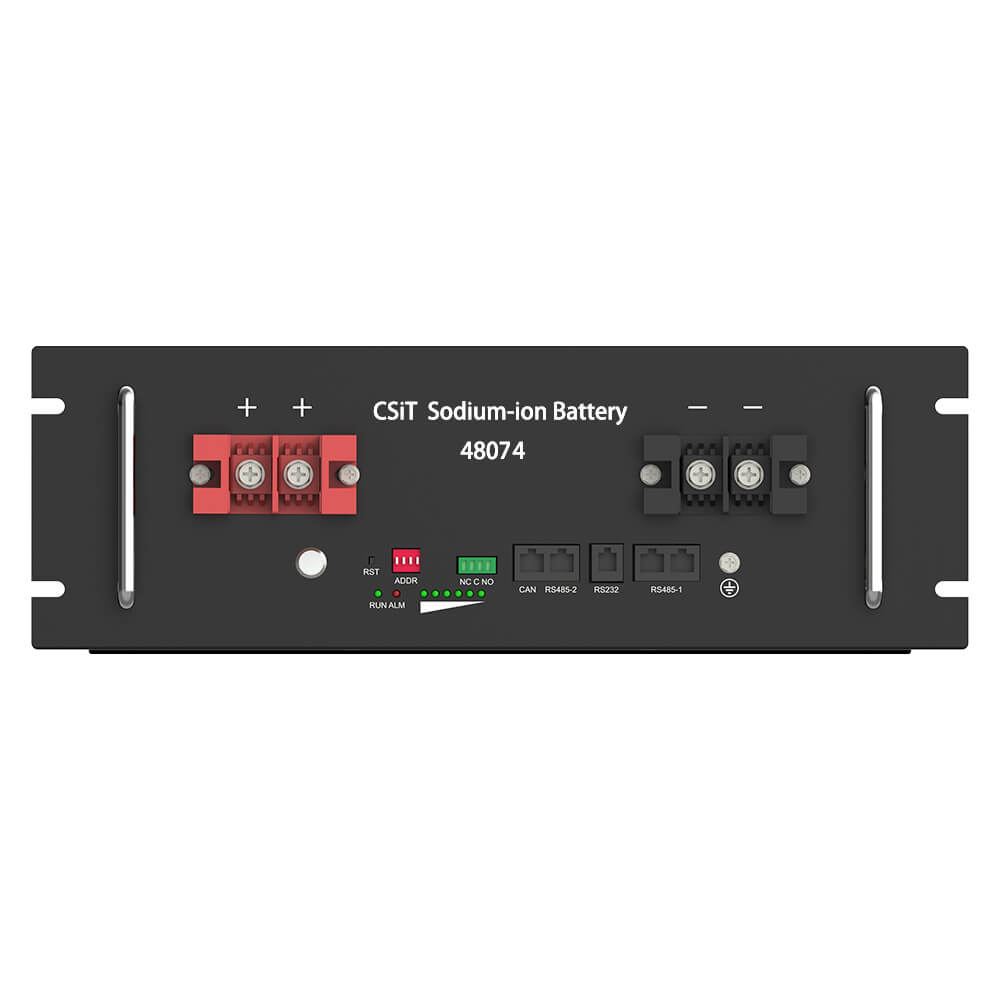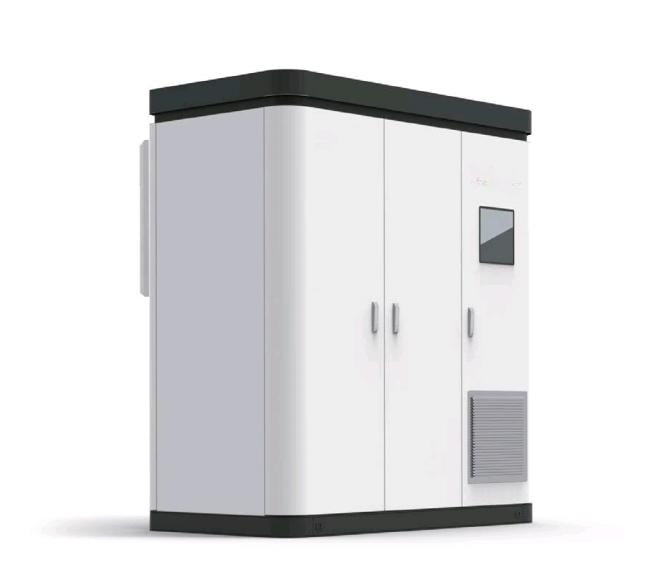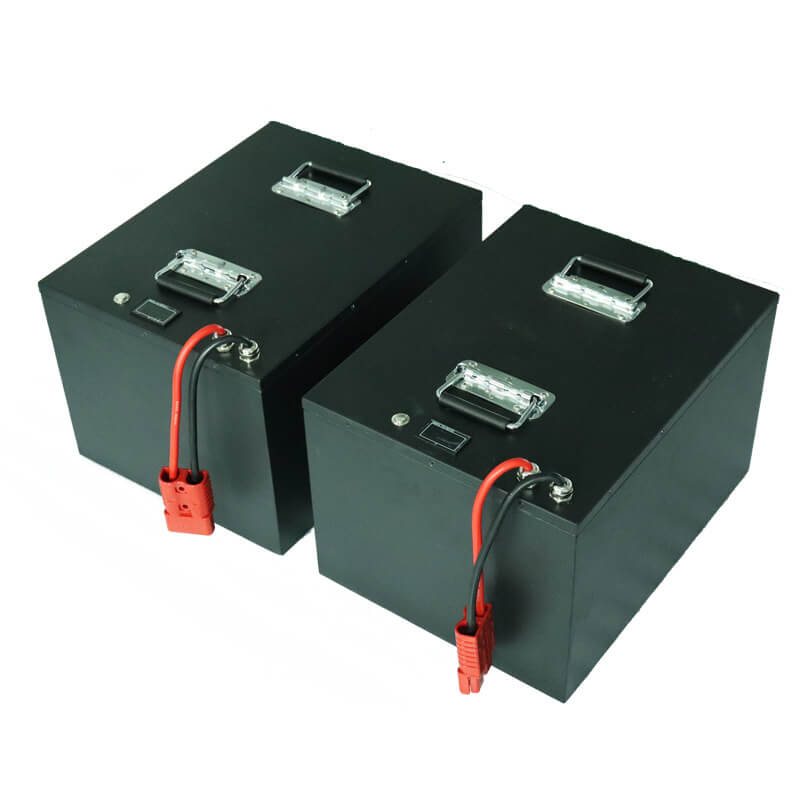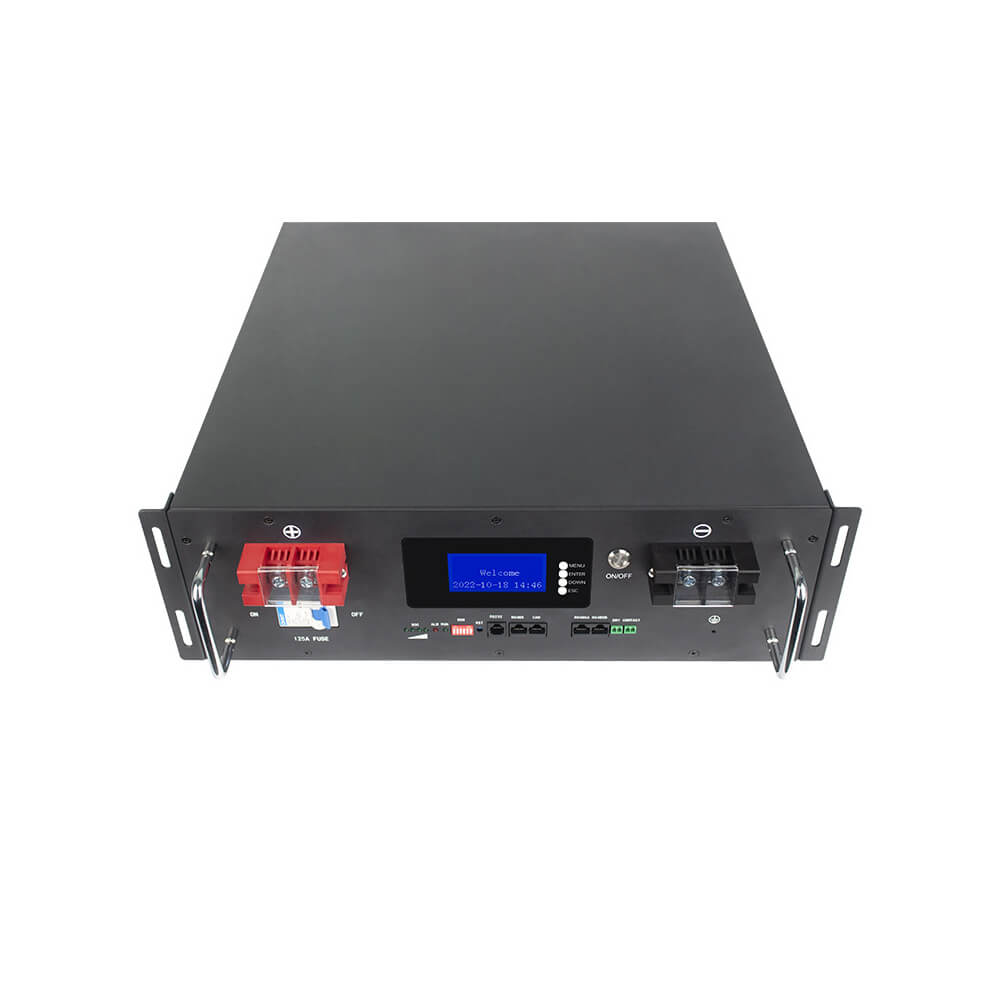Are lead-acid batteries the same as lithium batteries? In the battery industry, lithium batteries and lead-acid batteries are two different batteries and are often compared. I believe everyone is confused, why many UPS batteries now use lithium batteries, and rarely use lead-acid batteries.
Are lead-acid batteries the same as lithium batteries? The difference between lead-acid batteries and lithium batteries.
Different concepts and properties
Lithium-ion batteries refer to secondary batteries with Li+ embedded compounds as positive and negative electrodes.
The positive electrode uses lithium compounds LiXCoO2, LiXNiO2 or LiXMnO2
The negative electrode uses lithium-carbon intercalation compounds LiXC6.
The electrolyte is an organic solution dissolved with lithium salts such as LiPF6 and LiAsF6.
During the charge and discharge process, Li+ is embedded and de-embedded back and forth between the two electrodes, which is vividly called a "rocking chair battery". When charging the battery, Li+ is de-embedded from the positive electrode and embedded in the negative electrode through the electrolyte, and the negative electrode is in a lithium-rich state. The opposite is true when discharging.
The properties of lead-acid batteries are: devices that convert chemical energy into electrical energy are called chemical batteries, generally referred to as lead-acid batteries. After discharge, the internal active substances can be regenerated by charging - storing electrical energy as chemical energy; when discharge is required, the chemical energy is converted into electrical energy again. This type of battery is called a lead-acid battery (Storage Battery), also known as a secondary battery. The so-called lead-acid battery is an electrochemical device that stores chemical energy and releases electrical energy when necessary.
2. Different safety performance
Lithium battery:
Lithium batteries come from the stability of the positive electrode material and reliable safety design. Lithium iron phosphate batteries have undergone rigorous safety tests and will not explode even in severe collisions. Lithium iron phosphate has high thermal stability and low electrolyte oxidation ability, so it is highly safe. (But short circuit or inland diaphragm damage can cause fire or explosion)
Lead-acid battery:
Lead-acid battery will discharge gas during charging, discharging or use. If the exhaust hole is blocked, it will cause explosion where the gas cannot be discharged. The liquid inside is the splashed electrolyte (dilute sulfuric acid), which is a corrosive liquid and will corrode many objects. In addition, the gas generated during charging will explode.
3. Different prices
Lithium battery:
Lithium battery is expensive. Lithium battery is about three times more expensive than lead-acid battery. Combined with the service life analysis, with the same investment, the lithium battery still has a longer service life.
Lead-acid battery:
The price of a lead-acid battery ranges from a few hundred yuan to a few thousand yuan, and the price of each manufacturer is similar.
4. Different green environmental protection
Lithium battery materials do not contain any toxic and harmful substances, and are considered green and environmentally friendly batteries by the world. The battery is pollution-free in both production and use, and complies with the European RoHS regulations, making it a green and environmentally friendly battery.
There is a large amount of lead in lead-acid batteries. If it is not handled properly after being discarded, it will pollute the environment.
5. In terms of cycle life
Lithium batteries have a longer service life, while lead-acid batteries have a relatively shorter service life. The number of cycles of lithium batteries is generally around 2000-3000 times.
The number of cycles of lead-acid batteries is around 300-500 times.
6. Weight energy density
The energy density of lithium batteries is generally 200~260wh/g, which is 3~5 times that of lead-acid batteries. This means that under the same capacity, lead-acid batteries are 3~5 times that of lithium batteries, so lithium batteries have an absolute advantage in lightweight energy storage devices.
Lead-acid batteries are generally 50~70wh/g, with low energy density and are too heavy.
7. Volume energy
The volume capacity density of lithium batteries is usually about 1.5 times that of lead-acid batteries, so under the same capacity, lithium batteries are about 30% smaller than lead-acid batteries.
8. Different temperature ranges
The operating temperature of lithium batteries is -20-60 degrees Celsius, and the thermal peak of lithium iron phosphate batteries is -20-60 degrees Celsius. The value can reach 350~500℃, and 100% capacity can still be released under high temperature conditions.
The normal working temperature of lead-acid batteries is -5-45 degrees. When the temperature drops by 1 degree, the relative battery capacity decreases by about 0.8%.
9. Different charging and discharging
Lithium batteries have no memory effect, the battery can be charged and discharged at any time, the battery self-discharge is low, and the battery can be stored for a long time; it has strong power, can be charged and discharged quickly, can be fully charged to more than 80% in 20 minutes, and can be fully discharged in 15 minutes.
Lead-acid batteries have a memory effect and cannot be charged and discharged at any time; there is a serious self-discharge phenomenon, and the battery is easy to be scrapped after being shelved for a period of time; the discharge rate is small, and it cannot be discharged for a long time with high current.
10. Different internal materials
The positive and negative electrodes of lithium batteries are lithium cobalt oxide/lithium iron phosphate/lithium manganese oxide, graphite, and organic electrolyte.
The positive and negative electrodes of lead-acid batteries are lead oxide and metal lead , the electrolyte is concentrated sulfuric acid.
Lithium batteries and lead-acid batteries are the two most widely used batteries at present. Lithium batteries are superior to lead-acid batteries in terms of performance. Due to the size and capacity, most UPS power supplies now use lithium batteries. After a period of time, lithium batteries can completely replace lead-acid batteries.

 简体中文
简体中文 Russian
Russian French
French German
German Japanese
Japanese Korean
Korean Arabic
Arabic Spanish
Spanish